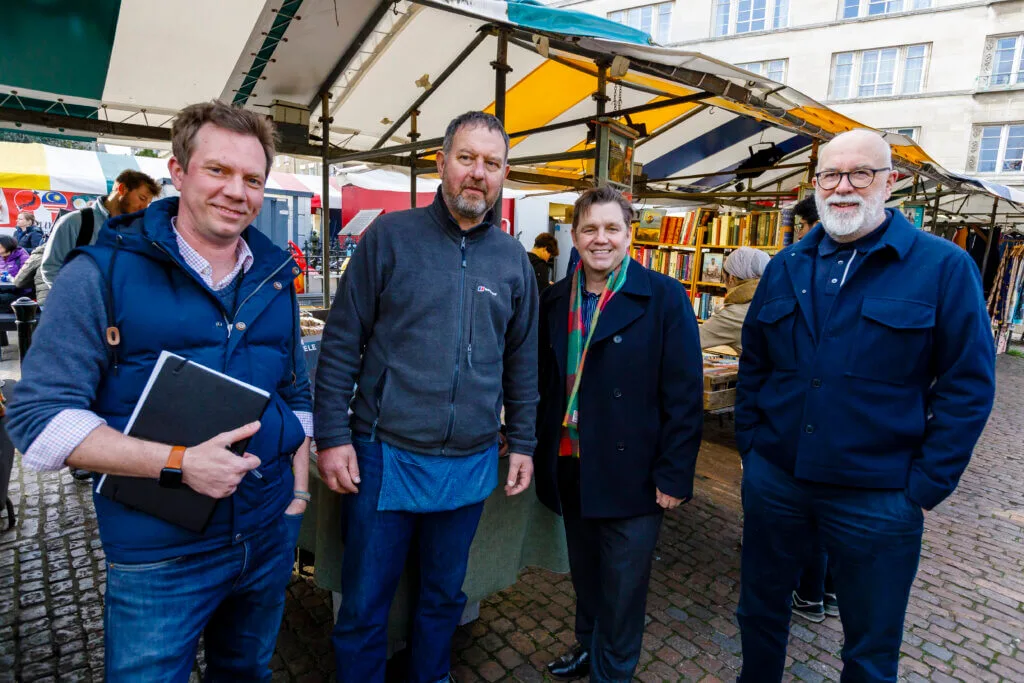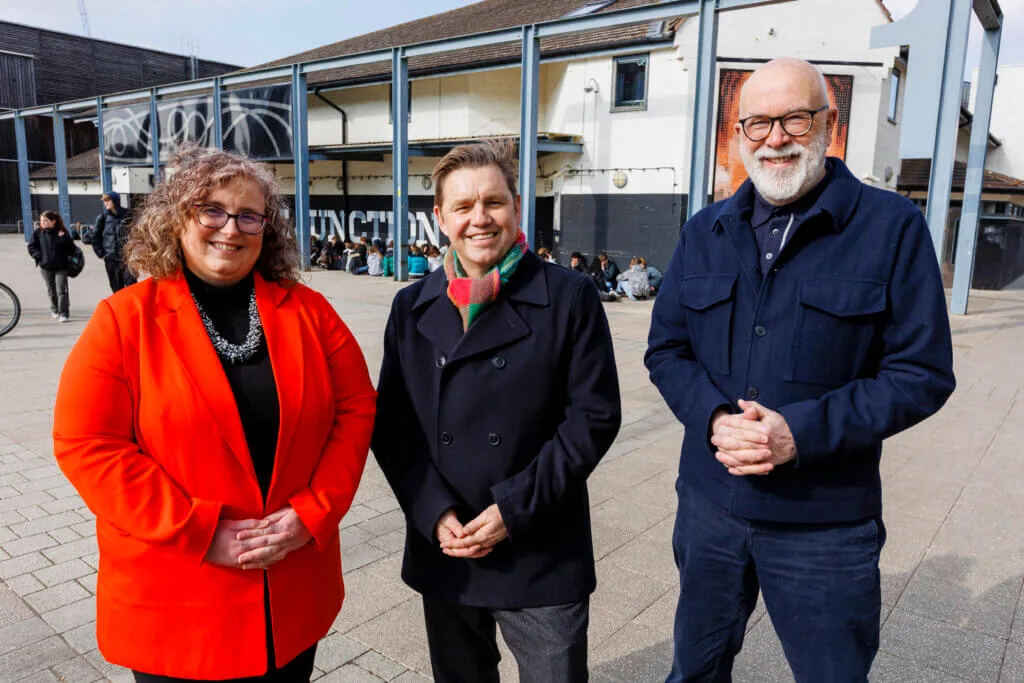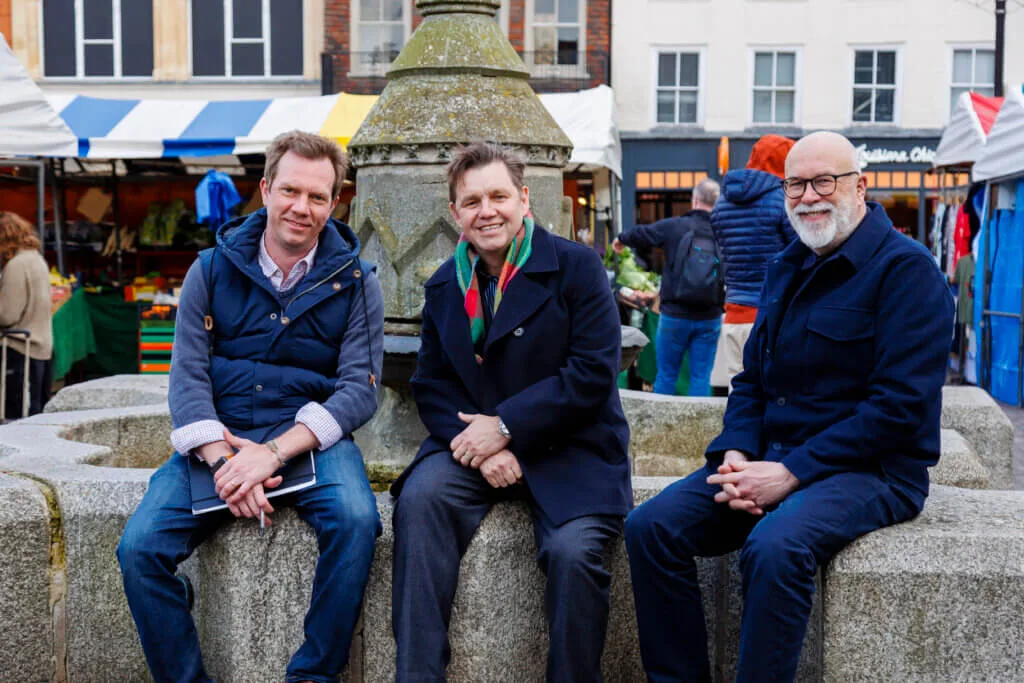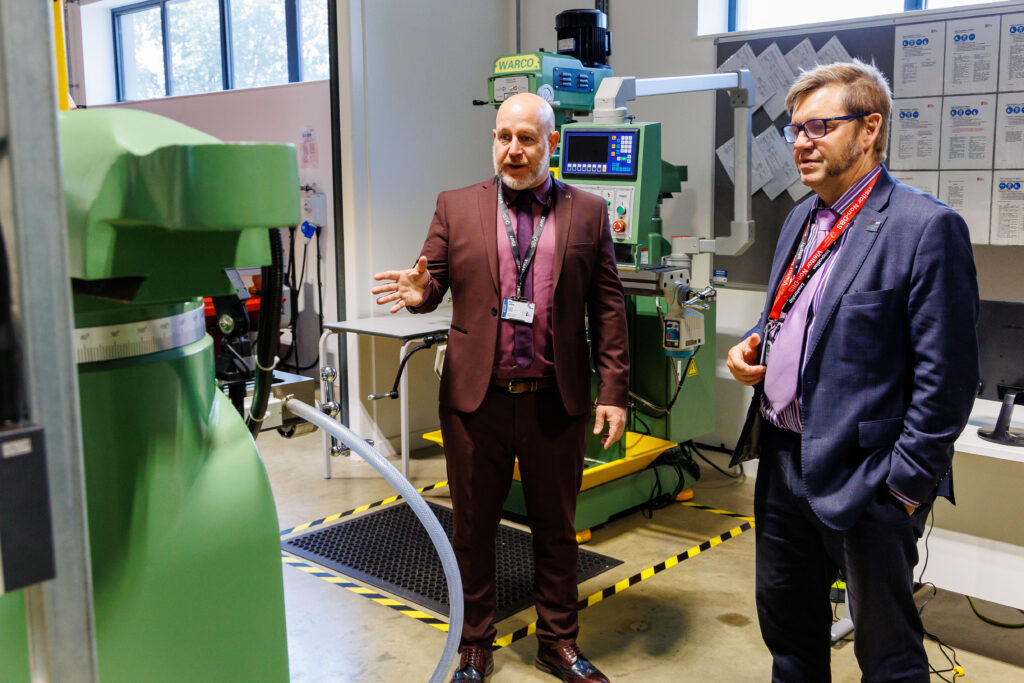Some 35 hotels in the Cambridge and South Cambridgeshire are to be balloted on whether they support a tourist tax. These are the only hotels which fit the criteria of having a rateable value of more than £34,500.
The rate is expected to be £2 (VAT inclusive) per room per night in years 1 and 2, with the visitor levy increasing to £3 in years 3, 4 and 5.
Next steps will be discussed at the city council strategy and resources scrutiny committee on March 25.
Jemma Little, economic development manager will present a report which concludes the levy has the potential to generate between £1.5m – £2.6m per annum over a 5-year business plan.
“This offers the opportunity to achieve a step change in the way the visitor economy is managed and has the potential to achieve significant benefits,” she says..
Developing the tourism tax is being led by the Cambridge Business Improvement District (BID) with a move to set up a new Accommodation BID (ABID), funded by the visitor levy.
This, says the report, will “provide the investment needed for improved management of the visitor economy in Greater Cambridge”.
With around 8 million visitors a year – approaching pre-pandemic levels – the council believes greater investment is needed to manage the visitor economy which accounts for 12.2 per cent of employment in the city and generated in £583,294,500 direct spend and a further £220,313,000 indirect spend in 2022.
Tourists to Manchester were among the first to experience the new tourist tax in this country when it was introduced last year. Visitors are charged £1 per night, per room, and the city.

Bournemouth, Christchurch, and Poole hoteliers are currently voting on the introduction of a tourist tax to replace council funding which has been withdrawn amid budget pressures.
Those staying at 70 of the coastal resort hotel are likely to be asked to pay an extra £2.20 a night to ensure beaches are kept clean and tourist attractions remain open.
Ms Little’s report also says the payment of a local charge by visitors is common in Europe.
In order for an ABID to be created, a ballot is required and there must be a double majority in favour from those identified as being with the boundary area and who meet the criteria.
The double majority means that of those ‘levy payers’ that vote over 50% must vote ‘yes’ by number and over 50% must vote ‘yes’ by rateable value. The ballot also outlines how the levy would be invested.
“The ABID offers the opportunity to achieve a step change in the way the visitor economy is managed,” says Ms Little.
Among benefits and outcomes, she says could be:
1: Significant investment in the visitor economy in the Greater Cambridge area at a level previously unseen.
2: A sustainable funding model which reduces the liability for investment on businesses and public sector organisations.
3: A cohesive and managed approached to the development of the visitor economy which focuses on enhancing the quality and value of the visitor experience (not quantity).
4: Broader understanding of the ‘Cambridge’ offer amongst visitors and the ability to deliver a visitor experience which matches expectations, spreads benefit beyond the city core.
5: Increased spend in the local economy which will support local businesses, boost employment, and enhance services for residents and visitors.
Pubs or businesses with a few rooms and accommodation as secondary part of the business would not be required to collect the levy.

Airbnb’s and self-catering units are also excluded. Only those who pay business rates are included in the criteria; the majority of Airbnb’s are within the domestic ratings system.
The report also reminds councillors of those university colleges who operate a commercial B&B offer during certain times of the year.
“These colleges cannot be mandated to charge the visitor levy because they are educational institutions,” says the report.
“However, recognising that the commercial B&B operation of some colleges is, at times, in direct competition with hotel rooms, and to establish a clear and consistent message for visitors staying overnight in Cambridge, a voluntary agreement is being explored with the relevant colleges to cover the times of the year when they let rooms on a commercial basis.”
The report also adds some specific examples of projects that the tax could fund, and these include:
1: The story of Cambridge
2: Destination branding
3: Coordination of conversations “about challenges our destination faces (e.g. coach parking, large groups), visitor hot spot cleans, additional waste collection, developing sustainable business practices and influencing visitor behaviour e.g. sustainable travel”
4: Travel trade development, targeted Press & PR activity encouraging longer, higher economic value stays, website development, introduction of addition communication channels and professional memberships.
5: Themed itinerary development and promotion; short break campaign; content and video creation; social media engagement; development of Cambridge pass; corporate return visit initiative.
Key milestones in the ABID development are:
If agreement is reached the new tax could come into force next January.
The report adds that talks with hoteliers so far “have been positive.
“If the proceeds of a tourist levy are put into tourism promotion then a positive effect on tax revenues and spending from increased visitor numbers could be realised”.


























